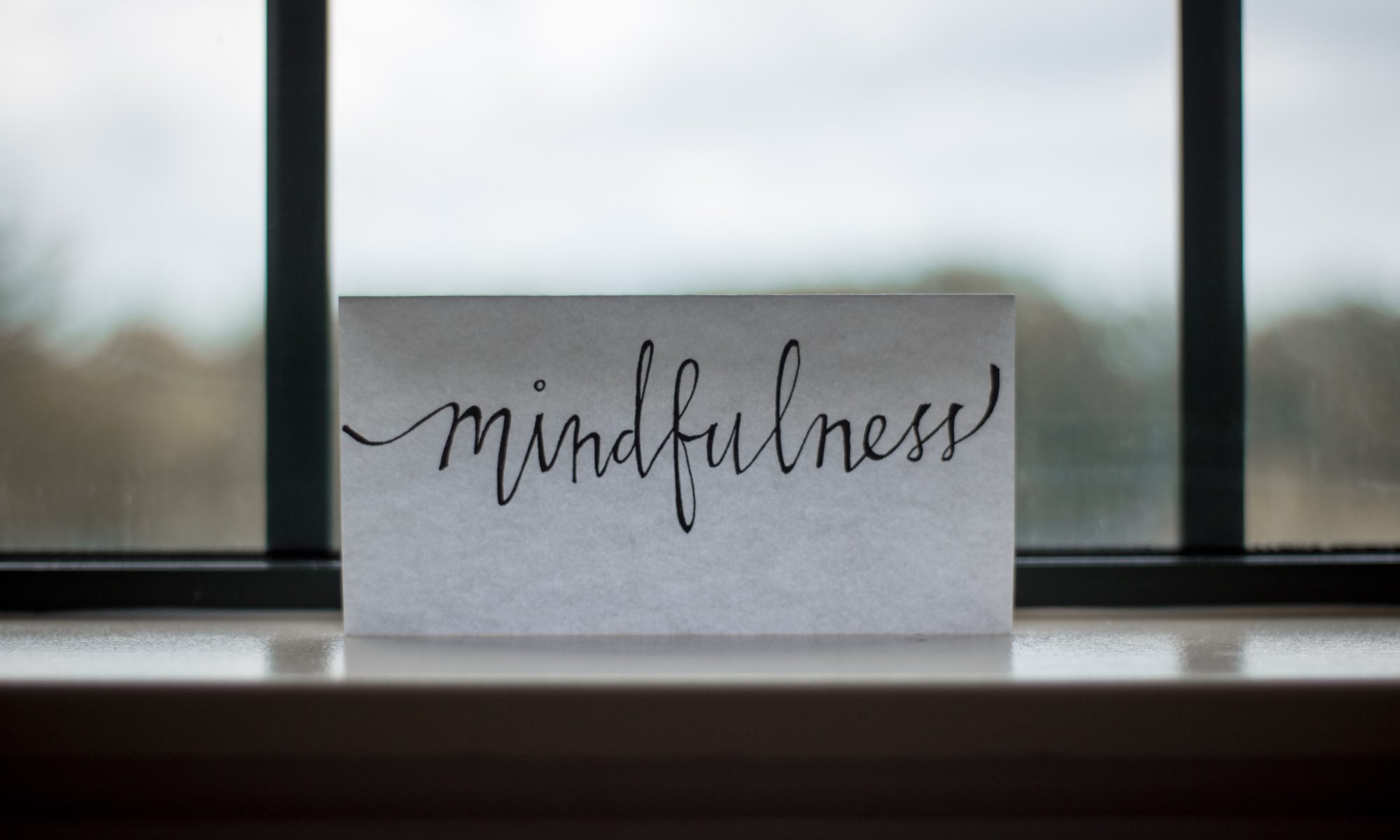Anger management is one of the most common reasons people seek therapy. Whether anger comes out as aggression, violence, or irritability, it can be damaging to our professional and personal relationships. We understand the consequences of our anger and try to control, yet it sometimes seems insurmountable to change behavior that can feel so instinctual. Anger is definitely a learned behavior, but that also means it can be unlearned. Let’s look at using mindfulness to help control our anger and find peace in our lives.
Mindfulness is the art of quieting our mind, being aware and accepting of the feelings and thoughts we have and then being intentional about how we want to act. The feeling of being carried away with emotion is something we all know, and mindfulness aims to stay in control of ourselves at all moments. Acting out of anger leads to destructive behaviors, hurtful words and severe consequences.
Let’s use an example. You are late for work, had to skip breakfast, and are frustrated with traffic. Out of nowhere the driver in the lane next to you cuts you off and you barely avoid a collision. You slam on the horn, yell some swear out the window and make a gesture with your hands. As if this day couldn’t get worse, and it is only 8:45am. This is the type of day that is easy to just continue, staying in a pissed off mood and lashing out at others. Additionally carrying anger long term leads to physical tension, headaches, and high blood pressure.
Examining this through a mindfulness lens, we look at three areas: emotions, physical, and mental. Performing a short check in, stopping to acknowledge the status of all three areas does not take much work and can put you in control of your anger.
First, let’s look at emotions. Put a specific name to how you feel: Angry? Frustrated? Irritated? Stressed? How about all of the above and then some more? Recognizing how you are feeling can help recognize what the triggers are for your anger. How do you experience this feeling? How does it manifest in your body?
Now the physical. Stop for a second and scan your body, head to toe. Look at where you feel tension, pain, tightness. Are you clenching your teeth? Can you feel your heart race? What muscles are engaged? Acknowledge it and take stock. What other emotions does this sensation remind you of? How severe is the emotion, and is it exhibited as it usually does? A very effective coping skill is allowing your body to feel whatever it needs. Stretching your tense shoulders, a deep breath for your constricted core. Flexing and releasing those balled up fists.
The act of recognizing the physical space and connecting it to your emotion helps provide context, and an increased awareness of where you are at. Many times the physical sensation of an emotion is the first indication we notice. By staying aware of our physical selves we can get a crucial head start on addressing our feelings.
Next your thoughts. Are you ruminating on the bad start to your day? Thinking about what you wished you had said to that driver? Are your thoughts rigid and stuck in one place, or are they floating around, taking on all the irritabilities? Are they a calm, deliberate pace or fast and flighty. Taking a second to collect this data allows you to acknowledge where you are at. Clearly you are angry, you are feeling the anger, and are thinking about what made you angry. Now you have the opportunity to refocus and be intentional with your thoughts.
You are now mindful of what you are experiencing. Even this acknowledgement allows you to pause and then plan your next move. So what is it? What is the next step that will help you let go and refresh? Maybe it is some deep breathing, putting on the radio, or calling someone to vent. Understanding what works is trial and error, but it requires the initial step of stepping back. Now you have the chance to regroup. This is no easy feat, and you question if this is even possible.
Engaging in mindfulness check-ins may sound like it won’t make a difference, but it provides huge results. Being aware of your anger building allows you to intervene while it is still manageable, instead of waiting till you are so worked up no coping skill will calm you down. As Benjamin Franklin said, “An ounce of prevention is a pound of cure.” You have to start at the beginning, and these small efforts to build your awareness helps put you in the driver’s seat, instead of being controlled by your anger.
Therapy can be a helpful environment to gain this insight, and to help discover what coping skills work for you. An outside perspective from a trained professional is extremely valuable as you try and work on controlling your anger. Mindfulness is a popular modality for a reason, and working on increasing your use of it will yield results when trying to better regulate your emotions.


